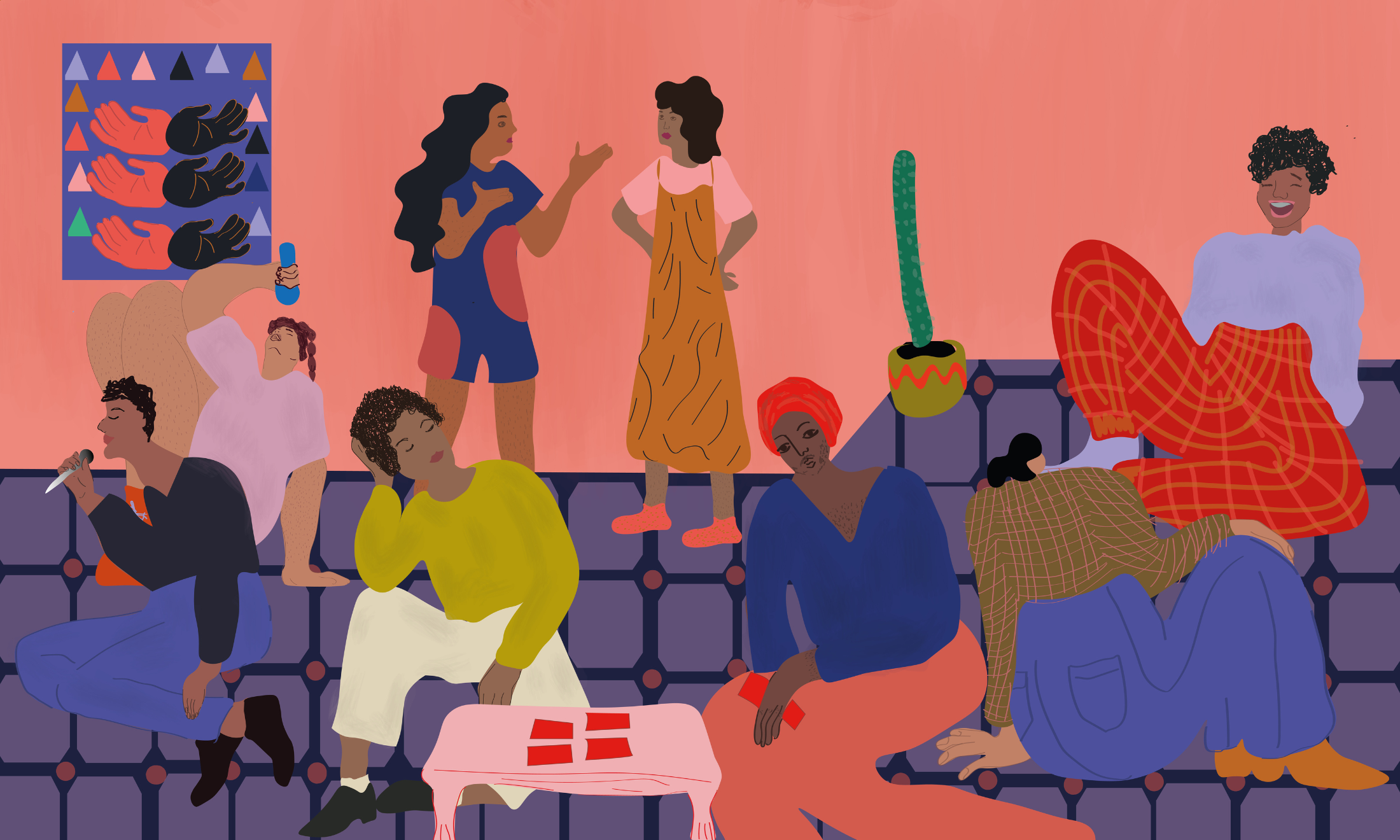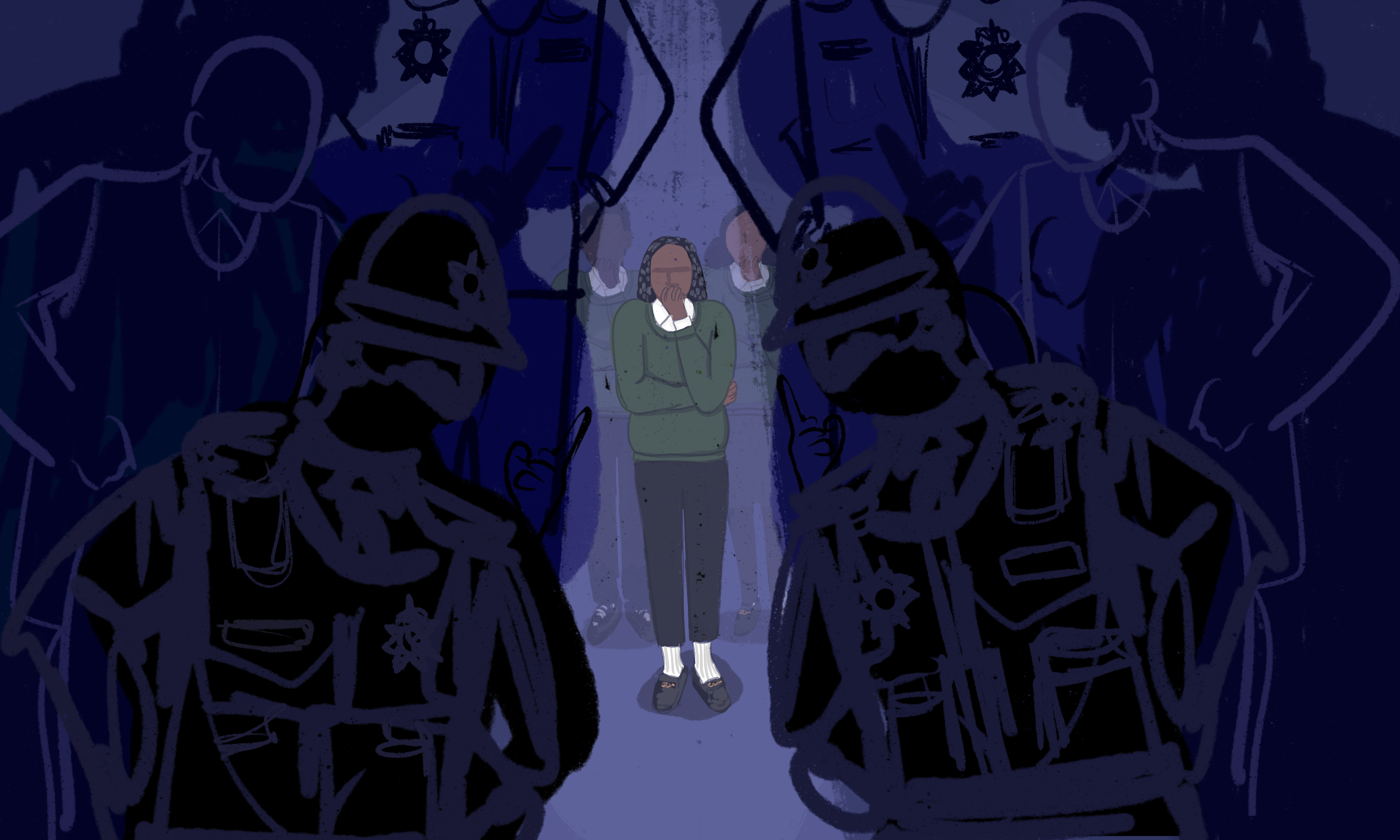
Education’s myth of meritocracy
As a teacher, I refuse to sell the myth of meritocracy to my students. I hope their hard work will equate to success, but I know it won't always.
Thamina Yasmin
15 May 2018
“If you work hard, you’ll get far.”
In school, teachers constantly fed us this lie. Every speech would end with the same banality, with an impassioned white, middle-class educator standing before a crop of brown and black students, uttering these trite words. It was in GCSE Sociology where I first discovered the term meritocracy – the functionalist belief that hard work and success go hand in hand. As a 14-year-old, I recall my friends and I were highly sceptical of this, often antagonising the sociology teacher with our examples of how this was not the case. This would not usually get us very far. We would be given a hurried and metaphorical pat on the back for being “critical” or maybe even an “I fully understand your point”, but it would always end with a nervous, sheepish grin and a “let’s get back to the topic”.
Eight years later, I stand before my very own students, completely disillusioned and disheartened with this myth that the school system widely perpetuates. I cannot justly and sincerely tell my students “if you work hard, you’ll get far.” I refuse to sell them this myth. I hope with every ounce of my being that their hard work will equate to success, but I acknowledge that this may not always be the case. Our society privileges white middle-class men and affords them every opportunity possible, while people of colour and other marginalised groups are obligated to jump through hoop after hoop and be extraordinary on every front to even gain any semblance of recognition and credibility.
“People of colour and other marginalised groups are obligated to jump through hoop after hoop and be extraordinary on every front”
Meritocracy feeds the lie that everyone is afforded the same opportunity through perseverance and hard work. It grossly undermines the structural racism which impacts people of colour every single day; both the veiled and blatant racism, which denies us the opportunities available to white people. It is not enough to tell “BAME” pupils’ that we live in a fair society where their hard work will be recognised and thus translate to success. I believe it is my job to dispel the myth of meritocracy, or I will be doing my pupils irrevocable damage.
As a young teacher of mainly students of colour, I see my friends and myself in many of the pupils I teach. I can often relate to the pressures they are experiencing. The trials and tribulations that come with having strict Asian parents, who have exceptionally high expectations of you. The sense of sadness, anger and resentment that come along with not seeing yourself represented in any of the texts studied at school. The conversations the pupils have, the stories they share of their families and their home lives – it all resonates deeply with me. Perhaps it is this close tie, sense of kinship and belonging that I feel with my students, which makes it all the more difficult to feed them a fallacy.
“The refusal to acknowledge that pupils from minority backgrounds will have different trajectories and will face challenges in future endeavours is deeply dismissive”
When I have conversed with other educators on this topic, there has been some reluctance in dismissing the idea of meritocracy. Delving deeper, the prime fear among teachers is that denying meritocracy will inevitably lead to a self-fulfilling prophecy. Pupils will respond by repudiating against the school system, as they will become disillusioned with society. However, if schools continue to propagate the illusion that we live in a meritocratic society, surely we are doing a disservice to our pupils in the long-term?
The refusal to acknowledge that pupils from minority backgrounds will have different trajectories and will face challenges in future endeavours, whether that be at university, an apprenticeship or in their careers is deeply dismissive. While the intentions of such educators are all well and good, when students are flung into the brutal and intolerant world we live in, their schooling and the myths fed by teachers will undeniably have a negative impact. Since pupils have relentlessly been fed the “if you work hard, you’ll get far” narrative they will believe that they only have themselves to blame for any failures. This is damaging to students’ perception of themselves and their self-worth. Meritocracy puts the blame on the individual rather than considering the structures in society, which restrain people from achieving “success”. The onus is then on the pupils if their “hard work” does not get them “far”. This style of schooling does not foster critical thinking and does little to prepare pupils for the future.
“Since pupils have relentlessly been fed the ‘if you work hard, you’ll get far’ narrative they will believe that they only have themselves to blame for any failures”
I am not proposing that we sit idly and do nothing. Rather, as educators, it is our duty to have the difficult but necessary conversations with our young people about the realities of the world. bell hooks, in her illuminating discussion of transformative pedagogy in Teaching to Trangress, states “teachers are more rewarded when we do not teach against the grain. The choice to work against the grain, to challenge the status quo, often has negative consequences.” Indeed, it is an arduous task but the benefits are profuse. To give our pupils the greatest chance at success, in whatever path they choose to take, is on us to prepare them. We can do this by developing a critical awareness within our pupils. Whenever the opportunity presents itself: permit, create, and nurture a safe space where students can debate the wider world. Let them debate the issues, which indubitably impact their lives. Police brutality, islamophobia, colourism.
We can do this by teaching our young people how to be resilient and recognise their self-worth. We can teach them that although the outside world will try over and over again to dull their light, they must stand tall and illuminate through the darkness. Take an interest in your pupils’ mental health and make this a priority. We, as educators, can do this by accepting that our young people are not naïve individuals who cannot fathom when we are being inauthentic when we are paying lip service to a false system when we are setting them up for failure. Never underestimate just how sharp, well informed and articulate young people are. As a 14-year-old, I saw straight through it. And so will they.









